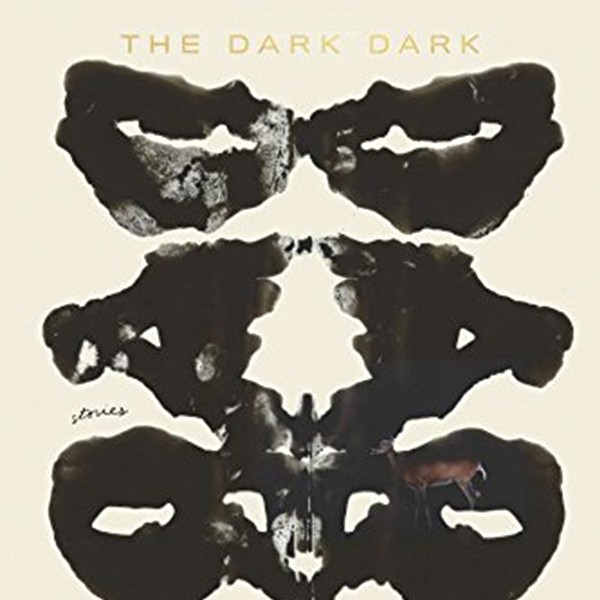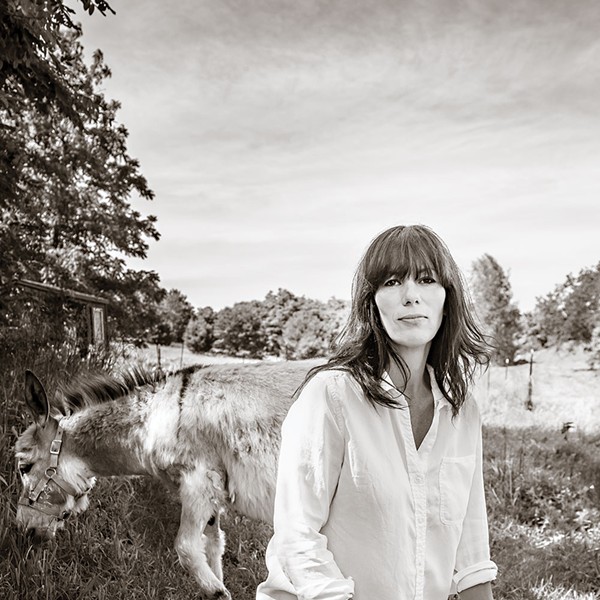“Ahhh…it’s okay, man,” the tall one mumbled. “It weren’t your fault.”
The kid holding the cap looked around at his three friends, then threw it back to Cody. “Hey, you really shoot like that, little man?” he asked with a final edge.
I wondered what Cody would say. He smiled, cocked his head. “Come run with us at the Albany Y some Saturday. I’ll show you how I shoot.”
They laughed. “You got some spice to you, huh? Yeah, thass what shooters got. That kind of…confidence. Maybe you do shoot like that.”
At the far end of the corridor, a blue-uniformed Garden security guard appeared. “We’re closing up,” he shouted.
“Yeah,” the tall kid repeated, “we took it to ’em tonight.” He extended an arm, fist closed, to touch his knuckles to Cody’s. “It’s all okay. You keep shooting, little man. We’ll come see you next year at the Armory.” And then they were off, moving away from us in smooth, athletic strides as we traversed the open space, through the turnstiles, and followed them out into the streets, watching as they blended, then disappeared into the push and hustle of the city night.
We descended the wide granite steps that led back down to Penn Station and sat in a little walled-off, ticket-holders-only section waiting for the train. A young Pakistani family sat beside us, the man talking on his cell phone, the woman in a flowered traditional skirt, scarf on her head, two little boys in stylish Gap-for-Kids clothes playing with wind-up cars.
We sat together in silence for a short while, Cody looking down at the boys playing on the floor in front of us, turning something over in his mind. “Dad,” he finally said, softly. “I’m not on that team. I don’t even know if I can make that team.” He paused and went on. “You just heard about them playing at the Armory from Coach Lawrence. There wasn’t any overtime. They got beat by three points in regulation. I wasn’t even there.” He paused again. “It was a lie, Dad. You always tell me not to lie.”
I looked over at him, feeling for aftershocks, seeing the uncertainty of who he was and what had happened emerging, threatening to leave faint, indelible marks. I waited, searching for some way of holding it.
“It was fiction, Code,” I said gently. “You remember when we used to study fiction for your English class last year?” He nodded. “Sometimes,” I continued, “fiction carries something that’s more truthful, at the heart of it, than things that actually happened.”
He looked at me and then away. “You are the best 14-year-old shooter in New York, at least I think so…. We’ve been to a lot of tournaments. I haven’t seen anyone better.” I paused, waiting for him to look back at me again, to catch his eyes. “That could’ve been you, Code” I reached over and straightened the cap on his head. “That will be you. People keep telling me everybody needs shooters. You’re going to make that team. You’re going to be great on that team.”
He blinked rapidly and looked away again. The rumble of an approaching train merged with the call over the loudspeaker for our departure. We rose and moved together toward the gates.
There was a three-quarter moon reflected from the river as we made our way north again. I sat looking at the light on the water from the windows of the darkened train. Croton. The sweep of color off the bridge at Tappan Zee. The dark monoliths rising up on the opposite shore at West Point. Finally, our destination station in Rhinecliff. Cody curled up on the seat opposite me, sleeping through the train ride, and slouched against the passenger door of the car in continued sleep as we spanned the arc of the Rhinecliff Bridge on the drive toward home.
When we reached the house, I guided his sleepy footsteps up onto the porch, through the front door, and pointed him toward the stairway leading up to his room.
















